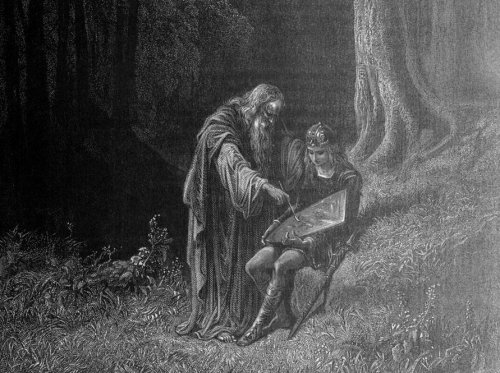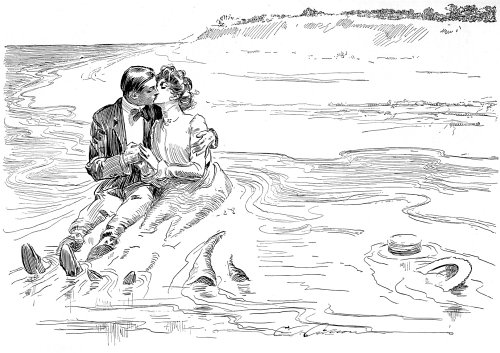Calling Halloween “the devil’s holiday,” in 1986 Ralph P. Forbes of London, Ark., filed suit to prevent the public schools from letting kids wear costumes to school.
He filed the suit on behalf of himself, all Christian children, and Jesus Christ. The defendants included the Arkansas Department of Education, “high priests of secular humanism,” and Satan.
U.S. District Judge George Howard Jr. continued the case, whereupon attorney John Wesley Hall Jr. offered to represent Satan pro bono. He pointed out that the Dark One doesn’t transact business, own property, or commit torts in Arkansas, and asked the judge to drop him as a defendant.
The Chicago Tribune reported drily that “efforts to reach Satan for comment were unsuccessful.”


